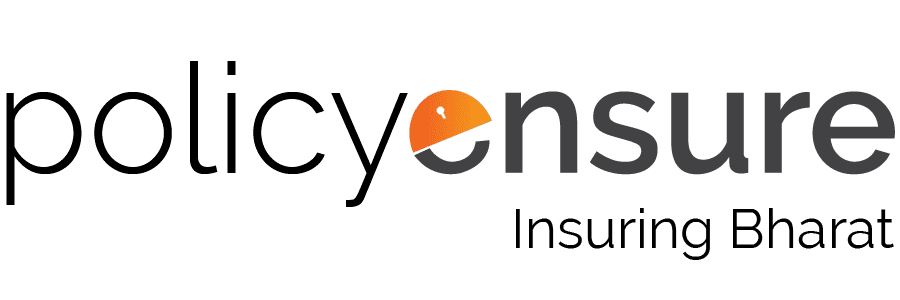How to choose the right insurance policy

With increasingly uncertain times and a changing economy, choosing an insurance policy for yourself and your family has become imperative. Insurance policies are crucial financial tools that offer protection and peace of mind against unanticipated circumstances. However, selecting the right insurance policy can be a daunting task, considering the vast array of options available in the market. From General Insurance to Home Insurance, this blog aims to provide a comprehensive guide to help you make an informed decision when choosing an insurance policy. By following these steps and considering the relevant factors, you can ensure that you select the policy that best fits your needs and offers maximum coverage.
Assess Your Needs: Before diving into the world of insurance, take some time to evaluate your needs. Start by identifying the risks and potential losses you may encounter in your personal or professional life. Consider factors such as your age, health condition, financial obligations, and dependents. This assessment will help you determine the type and amount of coverage required.
Understand Different Types of Insurance: Familiarize yourself with the various types of insurance available, including life insurance, health insurance, auto insurance, home insurance, and others.
Life insurance offers financial protection to your beneficiaries in the event of your death. It can be term insurance, providing coverage for a specific period, or permanent insurance, offering lifelong protection.
Health insurance covers medical expenses, including doctor visits, hospitalization, medications, and preventive care. Consider the different types of health insurance plans, such as HMOs, PPOs, and high-deductible plans, to find the one that suits your needs.
Motor vehicle insurance, or car insurance online provides coverage for damages or theft of your vehicle as well as liability protection in case of accidents. It typically includes comprehensive coverage, collision coverage, and liability coverage.
Home insurance protects your property and belongings from damages caused by fire, theft, natural disasters, or accidents. It may also cover liability for accidents that occur on your property.
Each type of insurance serves different purposes and covers specific risks. Research and gain a basic understanding of the key features and benefits of each type to determine which ones align with your needs.
Research Insurance Providers: Once you have identified the types of insurance policies you require, research different insurance providers. Look for reputable companies with strong financial standing, good customer service, and a track record of settling claims efficiently. Read reviews, compare customer feedback, and consult independent rating agencies to gather insights into the reliability and reputation of the insurance companies under consideration. Policy Ensure, for instance, is known for its extensive network of insurance partners, ensuring you have access to a variety of options. They have built a solid reputation in the industry, offering personalized service and comprehensive coverage options.
Compare Policy Features: When comparing insurance policies, pay close attention to the coverage limits, deductibles, exclusions, and terms and conditions. Evaluate the scope of coverage provided by each policy and assess whether it adequately meets your needs. Look for additional features, such as riders or add-ons that can enhance the coverage. It is essential to strike a balance between the extent of coverage and the affordability of premiums. Policy Ensure can help you navigate these considerations and find a policy that aligns with your financial situation.
Consider Affordability: Insurance premiums should fit comfortably within your budget. Compare the costs associated with different policies, including the premium amounts and any deductibles or copays you may have to pay. While it’s important to consider affordability, be cautious of policies with extremely low premiums, as they may offer insufficient coverage or have hidden costs.
Seek Professional Advice: If you find the insurance selection process overwhelming or if you have specific concerns, consider consulting an insurance broker. These professionals can provide personalized guidance based on your unique circumstances and help you navigate the complexities of insurance policies. They can also clarify any doubts you may have regarding policy terms and conditions.
Conclusion
Choosing the right insurance policy requires careful consideration of your needs, diligent research, and a thorough understanding of the policy’s features and costs. By assessing your requirements, researching reputable insurance providers, comparing policy features, considering affordability, and seeking professional advice when needed, you can make an informed decision. Remember that insurance is a long-term commitment, so it’s crucial to select a policy that provides comprehensive coverage and aligns with your financial goals and risk tolerance. Insurance brokers like Policy Ensure have access to multiple insurance companies, making them valuable partners in your insurance decision-making process. With their assistance, you can secure the coverage you need and protect yourself against unforeseen circumstances.




